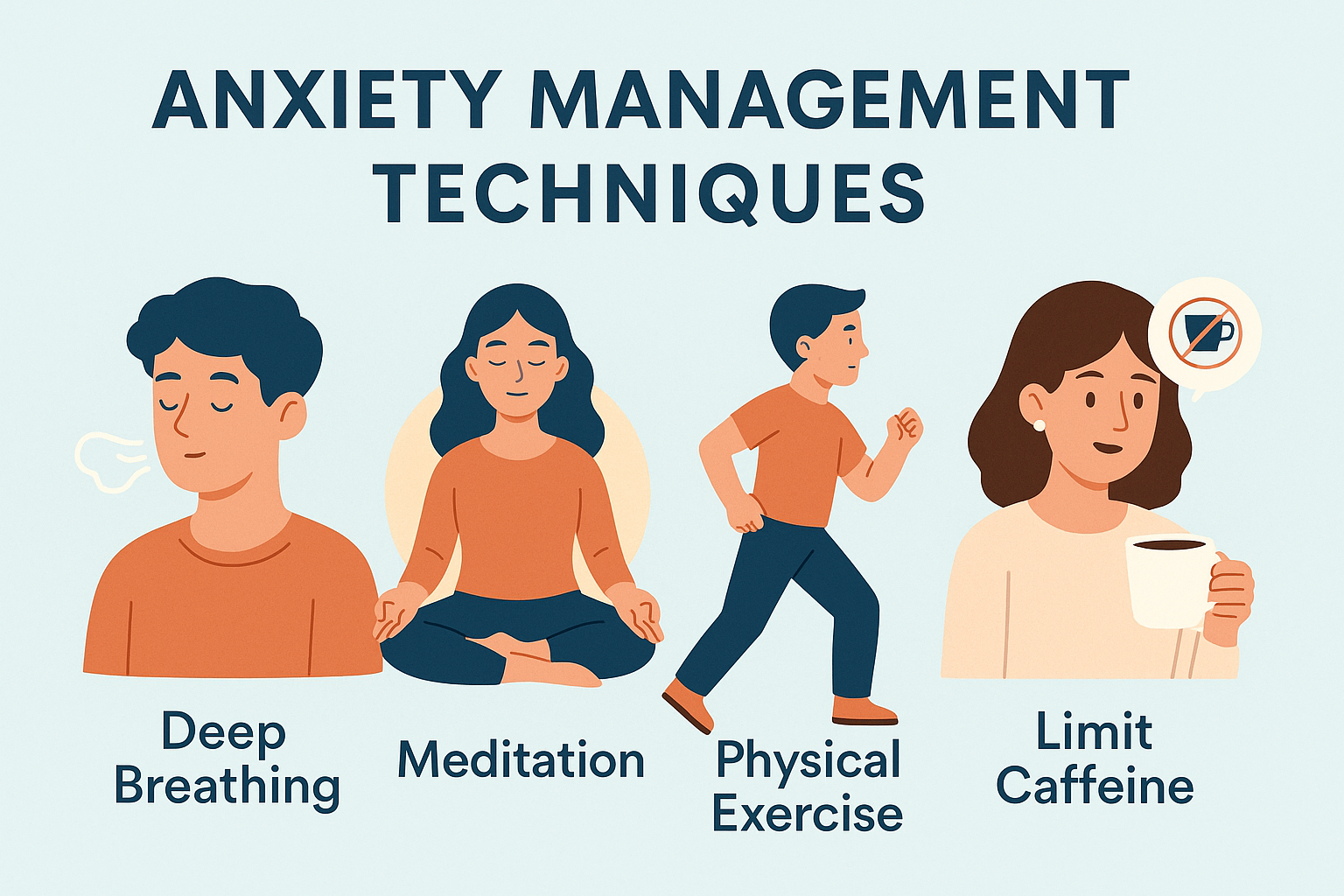
Understanding Autism Spectrum: Comprehensive Assessments
Do you think that you or your child might be on the Autism Spectrum?
Since autism is a lifelong condition, taking an Autism Spectrum Test can provide valuable insights, helping you make informed decisions about the path forward upon confirmation.
We'll delve into the importance of an Autism Spectrum Test - a crucial tool in unraveling the mysteries within this unique neurological condition.
Understanding Autism Spectrum
The Autism Spectrum refers to a range of neurodevelopmental disorders characterized by challenges in social communication, repetitive behaviors, and varying degrees of sensory sensitivities.
Autism Spectrum Disorder (ASD) is a complex and heterogeneous condition, meaning it manifests differently in each individual.
The term "spectrum" is used to acknowledge the wide variability in the nature and severity of symptoms that individuals with ASD may experience.
Key features of the Autism Spectrum include:
1. Social Communication Challenges: Difficulties understanding and using verbal and nonverbal communication can impact an individual's ability to engage in social interactions, form relationships, and interpret social cues.
2. Repetitive Behaviors and Interests: Many individuals with ASD engage in repetitive behaviors, routines or display intense interests. These behaviors can serve as coping mechanisms but may also affect flexibility in adapting to new situations.
3. Sensory Sensitivities: Heightened or diminished sensitivities to sensory stimuli are common in autism.
This may include hypersensitivity or hyposensitivity to sounds, lights, textures, or smells, influencing how individuals perceive and respond to their environment.
4. Strengths and Talents: Alongside challenges, individuals on the Autism Spectrum often exhibit unique strengths and talents.
These may include exceptional abilities in mathematics, music, art, or problem-solving.
What is the Importance of Autism Testing?
Getting an Autism Spectrum Test is crucial for several reasons, including:
1. Early Intervention: Early detection of Autism Spectrum Disorder (ASD) allows for timely intervention and support.
Early intervention services, such as behavioral therapy and speech therapy, can significantly improve outcomes for individuals on the Autism Spectrum.
2. Accurate Autism Diagnosis Process: Autism Spectrum Testing ensures a more accurate and thorough diagnosis by assessing behavioral, communication, and sensory characteristics.
This helps specialists make informed decisions about appropriate interventions and support.
3. Individualized Treatment Plans: Understanding an individual's specific strengths and challenges on the Autism Spectrum is crucial for developing personalized and effective treatment plans.
4. Educational Planning: For children with ASD, an accurate autism diagnosis process is essential for educational planning.
It helps educators develop strategies to support learning and social development, creating a more inclusive and conducive learning environment.
5. Family Support: An Autism Spectrum Test provides families with valuable information about their child's or family member's condition.
This knowledge helps families better understand and support the individual, fostering a more supportive and informed caregiving environment.
6. Research and Advocacy: Data obtained through Autism Spectrum Testing contributes to ongoing research on autism, leading to a better understanding of the condition and improved strategies for support.
This information is also crucial for advocating for policy changes and increased awareness.
7. Clarification of Coexisting Conditions: The Autism Diagnosis Process can help clarify whether an individual has coexisting conditions, such as anxiety and Pervasive Developmental Disorder NOS (not otherwise specified).
This clarification is essential for developing comprehensive treatment plans.
Autism Spectrum Test Available in Dallas, TX
Let Beckloff Behavioral Health Center get the answers you need for your child or yourself as it pertains to autism.
We offer comprehensive psychological assessments using formal tests, clinical interviews, and observation to assess your or your child's strengths and areas for development.
Our specialized assessments, like the Social Disorder + Social Skills Assessment, are designed to identify autism symptoms in children, teens, and young adults.
Contact us today.



